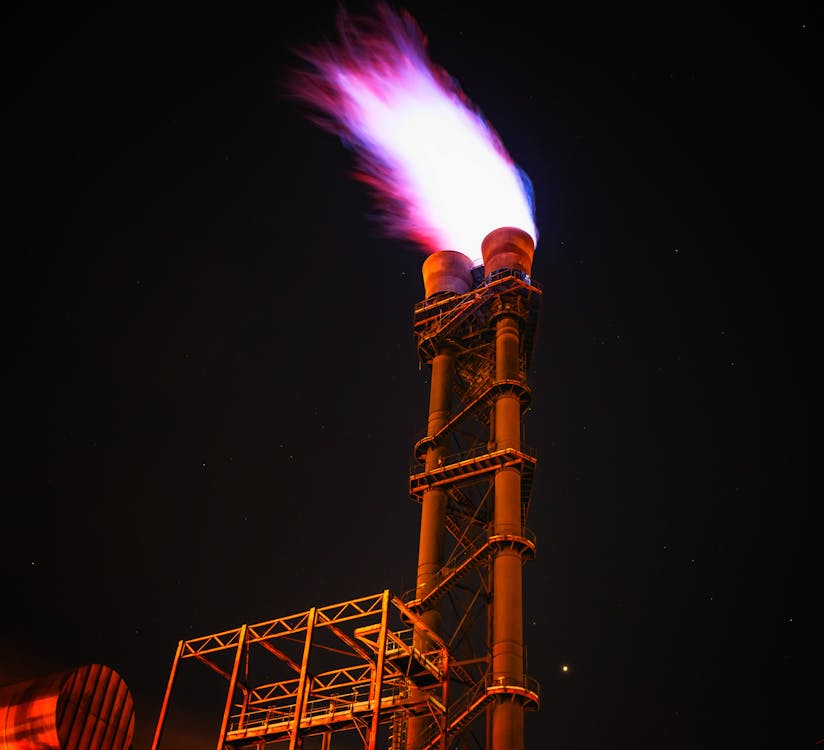
A key point of the ongoing energy debate in the U.S. is the potential future fuel source in the form of shale natural gas, an amount that is estimated to be able to provide a full century’s worth of fuel. The difficulty lies in the relative complication of extracting and processing that natural gas in a cost-efficient manner — however, according to a press release by the Purdue News Service, a University research team has spearheaded a two-step process to convert shale natural gas into liquid fuel, cutting down on current operating costs for this procedure.
The process targets shale gas molecules, which require a different and more involved refining procedure than oil molecules due to their lighter weight. The Purdue researchers approached this issue by developing an energy-efficient catalytic process that, according to the press release, improves on currently-existing refinement technologies.
However, geographical and geological considerations add another layer of complexity to the procedure.
“Another challenge in dealing with the light shale gas hydrocarbons is that they are typically located in areas of the U.S. that are far from heavily populated cities and expensive to transport,” said Jeffrey Miller, a professor of chemical engineering. “So, our higher molecular weight products are economically transported to existing refineries where they can be processed to transportation fuels.”
According to the press release, the researchers patented their process with assistance from Purdue’s Office of Technology Commercialization



